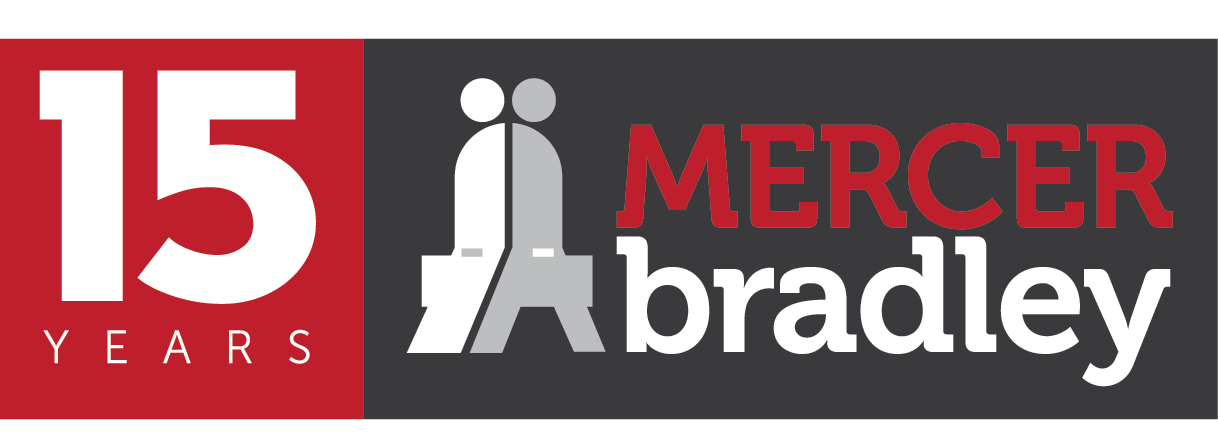Planning and financial forecasting often are difficult in the best of times. During times of uncertainty, these functions become even more challenging but critical. Creating a plan to continue business operations during times of rapid change requires a team effort. You must find ways to adjust budgeting and forecasting on a more regular basis than usual, communicate your plans to stakeholders, and have the right talent in place to carry out these plans.
Find out how to budget and forecast, communicate plans to stakeholders, and have the right talent in place during uncertain times.
1. Budgeting and Forecasting
Budgeting and forecasting need to be focused on improving business performance. Because very little can be controlled during a time of uncertainty, effective budgeting focuses on improving and communicating outcomes for customers, employees, investors, and communities. This process emphasizes learning, adapting, and growing, rather than trying to predict the future. During a time of uncertainty, strategic success is more important than financial precision. Targeted outcomes must become strategic guidelines that drive the budgeting and forecasting process. Resources need to be allocated from the strategy down rather than from individual projects up. During uncertain times the ability to perform what-if analysis becomes critical to making timely decisions.
2. Communicating Plans to Stakeholders
Budgeting and forecasting plans need to be communicated to external stakeholders in a way that they understand. The easier it is for lenders, investors, and other strategic partners to interpret your action plan, the more likely your company is to receive what it needs from each stakeholder. Include summary narratives, graphs, charts, and reports to better interpret your company’s financials. Avoid showing too much financial information, which may go unread, or too little, which may lead to a stakeholder making incorrect assumptions about your business. Clearly state what you would like to accomplish with each stakeholder. Proactively bring up objections, such as how you will combat new competition entering the market or how you will deal with supply chain shortages or loss of a key customer. Always be honest and direct in what you say. If things do not go as planned, explain what happened and what you are doing to fix it. Keep stakeholders confident in your ability to weather the storm.
3. Having the Right Talent in Place
A significant part of planning for uncertain times includes having the right talent in place. Because one of your company’s biggest assets is its people, hiring, managing, developing, and retaining employees is an important part of your business strategy. Attracting the right professionals improves business performance. Motivated employees are engaged in their tasks, typically get promotions, and often stay longer with your company. Having a continuous flow of workers to fill critical roles ensures smooth operations, avoiding work overload and burnout.
Hire Accounting & Finance Professionals
When you need to hire accounting & finance professionals in Western Canada, contact Mercer Bradley. Our staffing and recruitment specialists provide direct hire, executive search, temporary, and contract services to fit your business needs. Find out more today!





Leave a Reply